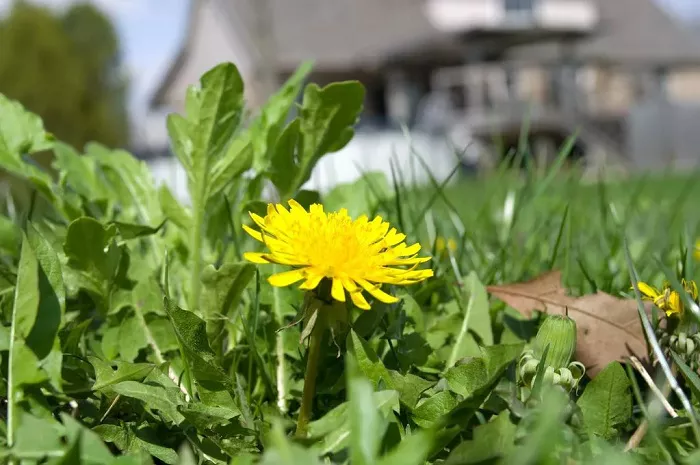As summer approaches, gardeners face a common challenge: the rapid proliferation of weeds that can devastate soil nutrients and garden aesthetics. Monty Don, a well-known BBC presenter and gardening expert, has shared his top tips for effective de-weeding in June to ensure a thriving garden.
Weeds are a significant problem in British gardens, spreading quickly and invading garden borders and lawns. Their dense growth not only siphons essential nutrients from the soil but also provides an ideal environment for pests such as aphids, greenflies, and mealybugs. These pests can damage plant roots and leaves and spread destructive diseases, like mosaic viruses, which can severely impact plant health.
Monty Don, in his blog, emphasizes the importance of de-weeding in June: “June is a month when weeds really kick into action, so all vegetable plots need regular weeding, and nothing beats a hoe for this task.” A hoe, featuring a wide, flat blade angled to the handle, allows gardeners to cut weeds just below the soil surface. Monty advises that hoeing should be done in dry weather, preferably in the morning. This ensures that weeds are less likely to re-root and have ample time to dry out and die during the day. Later in the afternoon, they can be raked up and added to the compost heap.
Interestingly, while weeds are a nuisance, they can be beneficial when composted. They are rich in vital nutrients like nitrogen, potassium, and phosphorus, which can boost plant growth. However, it’s crucial to ensure that weeds are thoroughly dried out in the sun before composting to prevent root regrowth and seed dispersal. Weeds that spread via roots, like bindweed, or via seeds, like daisies, require extra care to avoid re-infestation.
Other garden waste, such as fallen leaves and old twigs, can also be composted. Fallen leaves are rich in nitrogen and make excellent soil mold, while old twigs, high in carbon, can enhance the compost quality, although they may take several years to fully decompose.
Monty Don’s advice highlights the importance of timely and effective de-weeding in maintaining a healthy garden. By following his tips, gardeners can ensure that their plants have access to the nutrients they need and that their gardens remain pest and disease-free.


